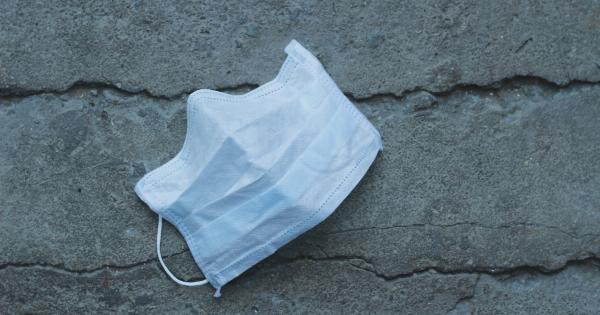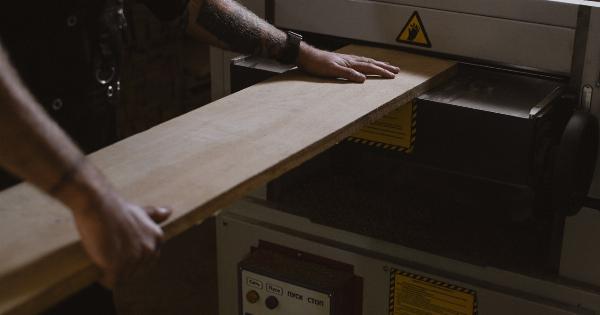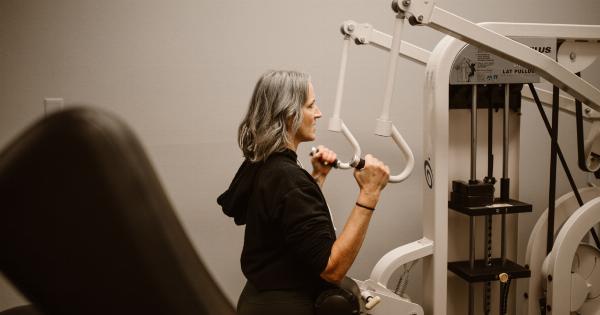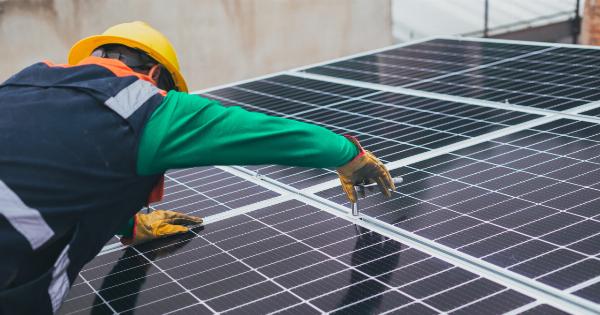Urine incontinence, also known as urine leakage or urinary problems, can be a distressing and inconvenient condition to deal with.
Whether you experience occasional or frequent urine leaks, managing this condition is essential for maintaining your quality of life. In this comprehensive guide, we will provide you with valuable tips and tricks to effectively manage urine incontinence, allowing you to lead a fulfilling and worry-free life.
1. Understand the Types of Urine Incontinence
Before implementing any management strategies, it’s crucial to understand the specific type of urine incontinence you are experiencing. This will help you tailor your management approach accordingly.
The most common types include stress incontinence, urge incontinence, overflow incontinence, functional incontinence, and mixed incontinence.
2. Strengthen Your Pelvic Floor Muscles
Pelvic floor exercises, also known as Kegels, are highly beneficial in managing urine incontinence. Regularly practicing these exercises can strengthen your pelvic floor muscles, improving bladder control and reducing urine leakage.
Consult with a healthcare professional to learn the correct technique and incorporate Kegels into your daily routine.
3. Timed Voiding Technique
Timed voiding involves scheduling regular bathroom breaks, even if you don’t feel the urge to urinate. This technique helps prevent urine leakage by emptying your bladder at specific intervals, minimizing the risk of accidents.
Keep a bladder diary to track your bathroom visits and adjust your schedule accordingly.
4. Manage Fluid Intake
Monitoring and managing your fluid intake can significantly impact urine incontinence management. Avoid excessive consumption of diuretic substances like caffeine and alcohol, as they can increase urine production.
On the other hand, ensure you stay adequately hydrated throughout the day to maintain overall urinary health.
5. Wear Appropriate Absorbent Products
Invest in high-quality, absorbent products such as adult diapers, absorbent pads, or specialized underwear designed for urine incontinence. These products can provide comfort, discretion, and effective containment of urine leaks.
Choose the right size and absorption level based on your specific needs.
6. Use Bedding Protectors
If you experience nighttime urine leaks, consider using waterproof bedding protectors. These protectors are designed to prevent mattress damage and keep your bed clean and hygienic.
They are available in various sizes and materials, ensuring maximum comfort while effectively controlling moisture.
7. Practice Healthy Bathroom Habits
Adopting healthy bathroom habits can significantly contribute to better urine incontinence management. Avoid rushing to the bathroom, as it can put unnecessary stress on your bladder.
Ensure you fully empty your bladder during each bathroom visit and take your time to relax to allow your bladder to empty completely.
8. Maintain a Healthy Weight
Excess weight can put additional pressure on your bladder and pelvic floor muscles, worsening urine incontinence symptoms. Engage in regular physical activity and follow a balanced diet to maintain a healthy weight.
Losing even a small amount of weight can significantly reduce the frequency and severity of urine leaks.
9. Seek Professional Guidance
If self-management strategies don’t provide the desired results, don’t hesitate to seek professional help.
A healthcare professional or specialist can evaluate your condition, identify underlying causes, and recommend targeted treatments or therapies to alleviate urine incontinence symptoms. They can also provide guidance on medication options, surgical interventions, or other advanced treatment methods.
10. Emotional Support and Coping Strategies
Living with urine incontinence can be emotionally challenging. Seek support from friends, family, or support groups to share your experiences and find encouragement.
Additionally, explore relaxation techniques such as yoga, meditation, or deep breathing exercises to manage stress, which can exacerbate urine incontinence symptoms.
By implementing these tips and tricks into your daily routine, you can effectively manage urine incontinence and regain control over your life.
Remember, patience and perseverance are key, and with the right strategies and support, you can successfully navigate this condition and improve your overall well-being.




























